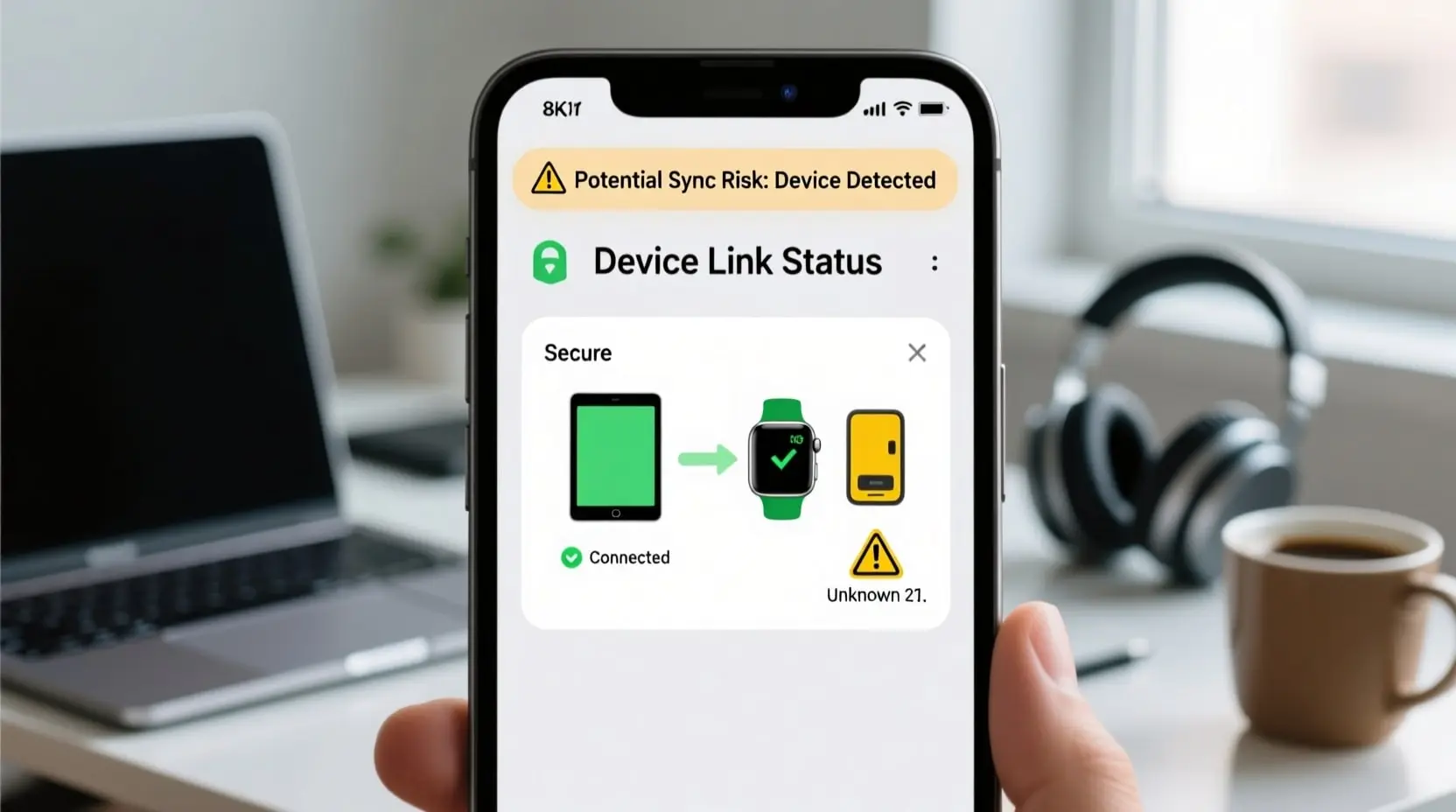Metaverse Development Services: Unlocking the Potential of Virtual Experiences
The metaverse, a term coined from science fiction and now firmly rooted in our technological reality, represents a digital universe where people interact, work, and play in immersive, interconnected virtual environments. It’s a concept that has fascinated both tech enthusiasts and visionaries for decades, but it’s now evolving rapidly thanks to the advancements in virtual reality (VR), augmented reality (AR), and other immersive technologies. In this essay, we will delve into the exciting realm of metaverse development services and how they are unlocking the vast potential of virtual experiences.
The Evolution of the Metaverse
To understand the significance of metaverse development services, we must first trace the evolution of the metaverse concept. The term was first introduced by Neal Stephenson in his 1992 science fiction novel “Snow Crash,” where it described a virtual reality-based successor to the internet. Since then, the idea of the metaverse has captured the imaginations of many, including renowned futurists like Ray Kurzweil and Mark Zuckerberg.
Today, the metaverse is no longer confined to the pages of science fiction. Technological advancements, especially in VR and AR, have brought it closer to reality. The metaverse is envisioned as a shared digital space where individuals can interact with each other and digital entities, engage in economic transactions, create and trade virtual assets, and explore limitless virtual worlds.
Metaverse Development Services: Building the Virtual Frontier
Metaverse development services are the cornerstone of bringing this vision to life. These services encompass a broad spectrum of activities and technologies aimed at creating, maintaining, and expanding the metaverse. Here are some key elements of metaverse development services:
- Virtual World Creation: Developing virtual environments that replicate real-world spaces or entirely new fantastical realms. These worlds can be social spaces, educational platforms, gaming realms, or virtual marketplaces.
- Immersive Technologies: Leveraging VR, AR, and mixed reality (MR) technologies to enhance the user experience. These technologies allow users to interact with the metaverse using their physical presence, gestures, and even haptic feedback.
- Blockchain and NFT Integration: Implementing blockchain technology to create unique digital assets and ensure security, transparency, and ownership in the metaverse. Non-fungible tokens (NFTs) are used to represent ownership of virtual items and properties.
- Social Interaction Tools: Developing communication tools and social platforms that enable real-time interaction between users, fostering social connections and collaboration within the metaverse.
- Economic Ecosystems: Creating virtual economies where users can buy, sell, and trade virtual goods and services, often powered by cryptocurrencies or other digital currencies.
- Content Creation and Curation: Facilitating user-generated content (UGC) within the metaverse, allowing individuals to express their creativity by building and sharing digital content.
- AI and Automation: Employing artificial intelligence to populate the metaverse with intelligent NPCs (non-playable characters) and provide personalized experiences.
Unlocking the Potential of Virtual Experiences
Metaverse development services hold immense potential in several key areas:
- Education: The metaverse can revolutionize education by providing immersive, interactive learning environments. Students can explore historical events, dissect virtual organisms, or conduct scientific experiments, all within a virtual setting.
- Entertainment: Gaming is an obvious beneficiary, but the metaverse also opens up new avenues for entertainment. Live concerts, theater performances, and sporting events can be experienced in unprecedented ways, reaching global audiences.
- Business and Work: Virtual offices and meeting spaces in the metaverse are poised to redefine remote work. Companies can collaborate with teams spread across the world in a highly immersive environment.
- Art and Culture: Artists can create and exhibit digital artworks, while museums and galleries can offer virtual tours, democratizing access to art and culture.
- Healthcare: Virtual therapy and rehabilitation programs can provide patients with engaging and effective treatment options. Medical training and simulations can also benefit from the metaverse.
- Economy and Commerce: The metaverse creates a new frontier for e-commerce, with virtual marketplaces offering unique and digital products. It also introduces novel ways of earning income through virtual entrepreneurship.
Challenges and Ethical Considerations
While the metaverse’s potential is immense, it also raises important challenges and ethical considerations. Issues related to privacy, security, addiction, and digital divide must be addressed. Ensuring accessibility and inclusivity within the metaverse is crucial, as it should be a space where everyone can participate and benefit.
In conclusion, metaverse development services are at the forefront of unlocking the potential of virtual experiences. They are reshaping how we learn, work, socialize, and entertain ourselves. However, as we navigate this exciting new digital frontier, it is essential to strike a balance between innovation and responsibility, ensuring that the metaverse enriches our lives while respecting our values and principles. The future of the metaverse is still unfolding, and it holds the promise of a dynamic and interconnected digital world limited only by our imagination.











Post Comment